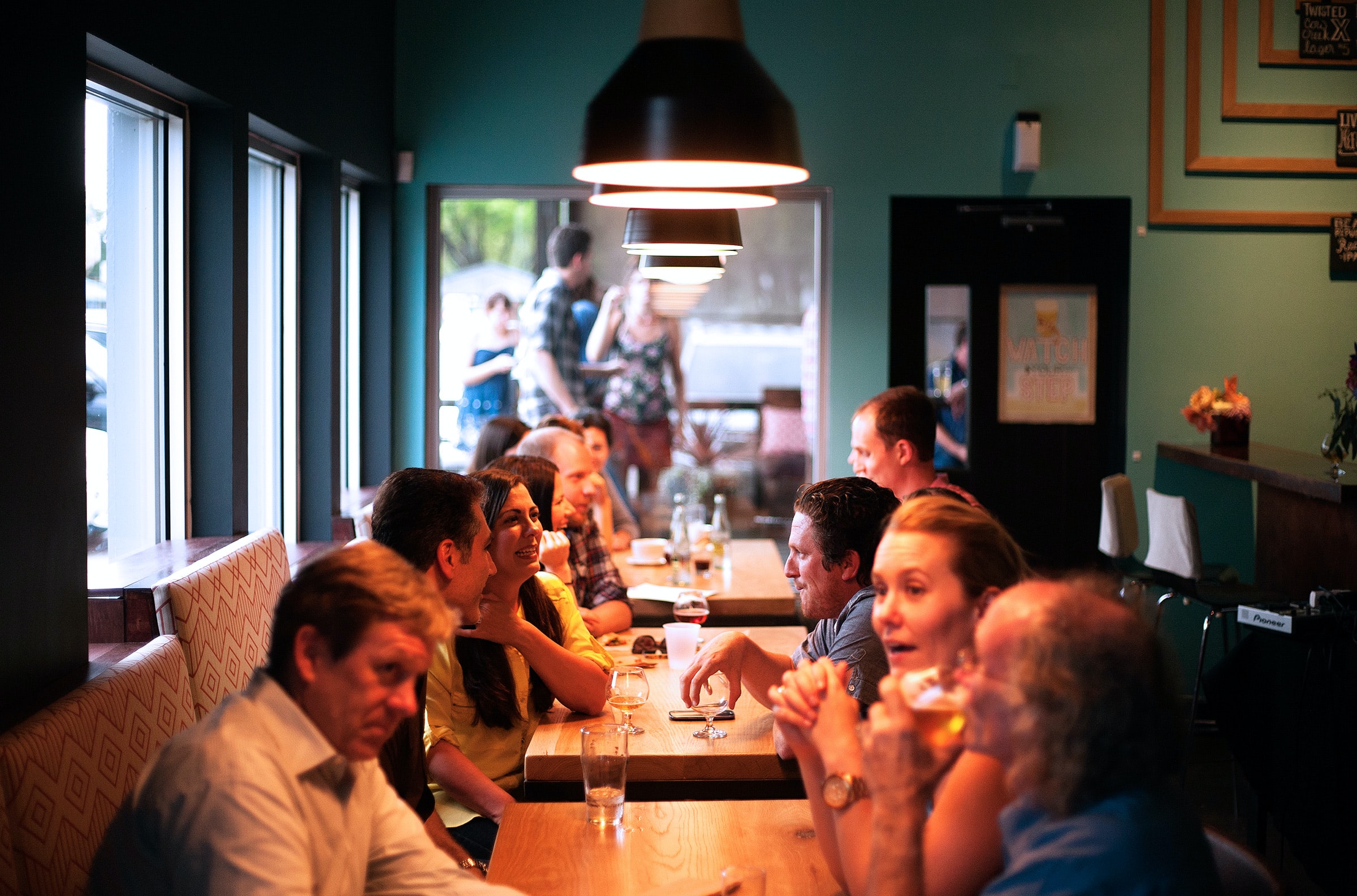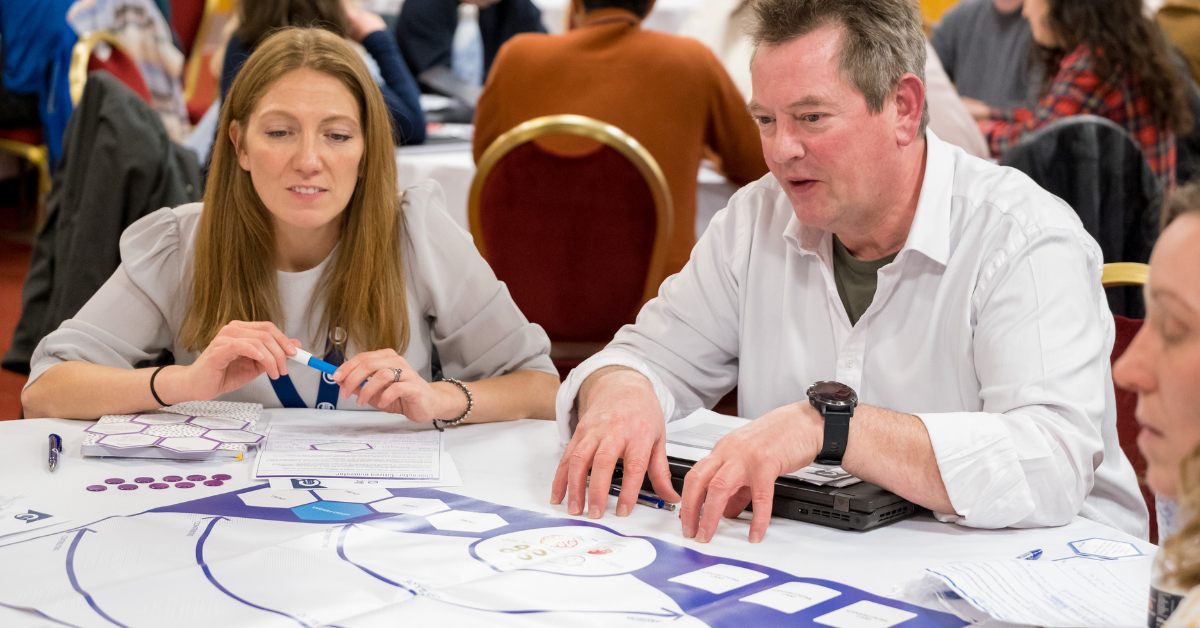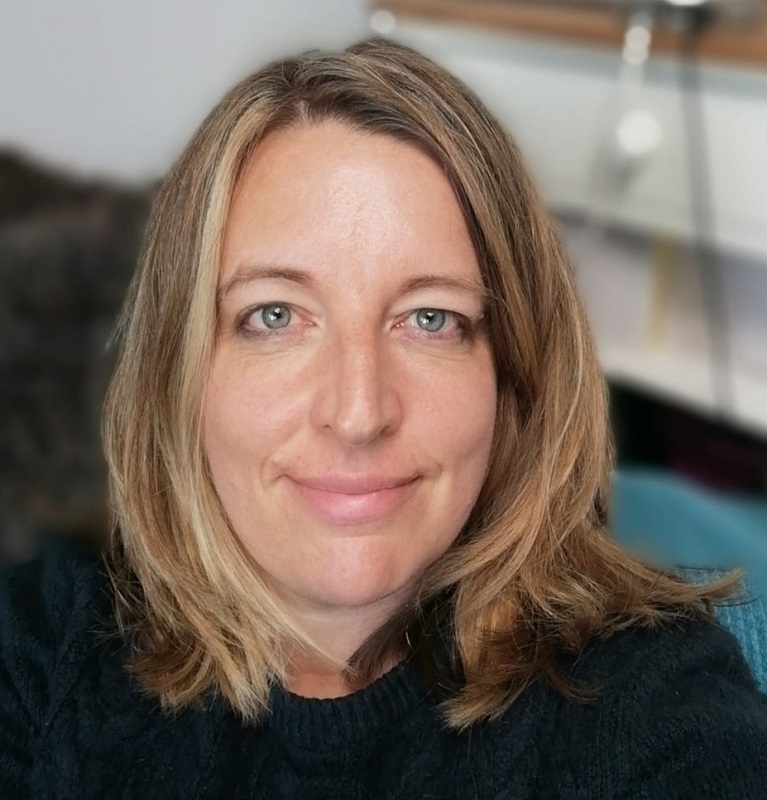Is it time to “call time” on talking sustainability?
15/09/2022

Let me paint you a picture. You’re in the pub and you ask people around you what ‘sustainability’ means to them. It depends on the crowd, but you’d probably be met a combination of with rolling eyes, “oh, you’re going to be all preachy!”, glazed over expressions, “How boring!”, confused looks, “sustain-a-what?”, and perhaps some anger, “I suppose you’re one of those activists!”, as well as the odd polite smile as they excuse themselves to go to get another drink.
I was reflecting on this at the start of my MSc at Cranfield University, when one of my first pre-work assignments was to identify the person, or people who had most inspired me when it comes to sustainability. It’s a random list, but it ranges from an author, a poet, a storyteller, my geography teacher, and my mum. And the common theme among them is that none of them ever used the word ‘sustainability’. For my mum, it was just about common sense and making the most of resources. For the poet, it was about conveying a sense of beauty in the world. My geography teacher explained the impacts of human activity on the planet and what needs to change, and the storyteller helped me want to get involved in the ongoing challenge of helping animals, planet and humans to live better lives. Sustainability is the thread that runs through it all, and it’s engaging, it’s practical, it’s optimistic and for the left-brainers out there like me, it’s expansive and it’s about possibilities. So for me, there’s nothing wrong with that word because it sums up all that I want to strive for. And for people working in the field, we love the word as it has so many positive connotations. But that’s where the problem comes in – it can disengage as many people as it engages.

The good news is that sustainability has gone pretty mainstream in business, but the bad news is that it seems pretty dull, reductionist, and let’s face it, it can be quite alienating. From carbon jargon to certifications, data and reporting frameworks, zero waste to net zero, let’s face it, it’s hardly a page-turner unless you’re a greenhouse gas auditor. We need all this stuff, because that’s how we measure progress and create transparency, but maybe that talk needs to stay behind sustainably-sourced closed doors most of the time.
Go back to that pub a second. (Do you need any encouragement?!). Ask people what a ‘good life’ means to them and their family. You’ll get loads of answers. Health, wellbeing, decent work and education, affordable food, less inequality, peace, nature, a healthy planet, clean air, safety, rewarding employment, economic growth, I could go on.
Suddenly, there’s a shift change. We can talk animatedly about what that possible future looks like; we can see clearly that we all have a role to play. We can see how we can make a difference.
But wait, surely that list above coincides with the subjects of the 17 UN Sustainable Development goals?! Suddenly we’ve found common ground. A case of same product, different label.

I’ve applied this principle within work, when talking to people. Admittedly, the word “sustainability” is in my job title, so it has a bit of a spoiler effect in terms of people knowing my agenda before I open my mouth, but if we talk about health and wellbeing, giving something back to the community, about protecting future food supplies, making the most of resources, employee engagement and looking after our suppliers, (the list goes on), then it seems to logically resonate with people. They can see the commercial benefit of doing these actions, and it just makes sense. You can almost see the penny drop when you then make the explicit link between these goals and sustainability.
By and large, we all want the same things, we just need to change the language to suit the audience, and reframe the picture. Let’s talk about that better future; what it looks like, what it would feel like, and crucially what needs to change to make it happen. We can then mobilise a wider audience to get on with the job in hand – without alienating people before they even start.
Categories & Tags:
Leave a comment on this post:
You might also like…
Keren Tuv: My Cranfield experience studying Renewable Energy
Hello, my name is Keren, I am from London, UK, and I am studying Renewable Energy MSc. My journey to discovering Cranfield University began when I first decided to return to academia to pursue ...
3D Metal Manufacturing in space: A look into the future
David Rico Sierra, Research Fellow in Additive Manufacturing, was recently involved in an exciting project to manufacture parts using 3D printers in space. Here he reflects on his time working with Airbus in Toulouse… ...
A Legacy of Courage: From India to Britain, Three Generations Find Their Home
My story begins with my grandfather, who plucked up the courage to travel aboard at the age of 22 and start a new life in the UK. I don’t think he would have thought that ...
Cranfield to JLR: mastering mechatronics for a dream career
My name is Jerin Tom, and in 2023 I graduated from Cranfield with an MSc in Automotive Mechatronics. Originally from India, I've always been fascinated by the world of automobiles. Why Cranfield and the ...
Bringing the vision of advanced air mobility closer to reality
Experts at Cranfield University led by Professor Antonios Tsourdos, Head of the Autonomous and Cyber-Physical Systems Centre, are part of the Air Mobility Ecosystem Consortium (AMEC), which aims to demonstrate the commercial and operational ...
Using grey literature in your research: A short guide
As you research and write your thesis, you might come across, or be looking for, ‘grey literature’. This is quite simply material that is either unpublished, or published but not in a commercial form. Types ...







